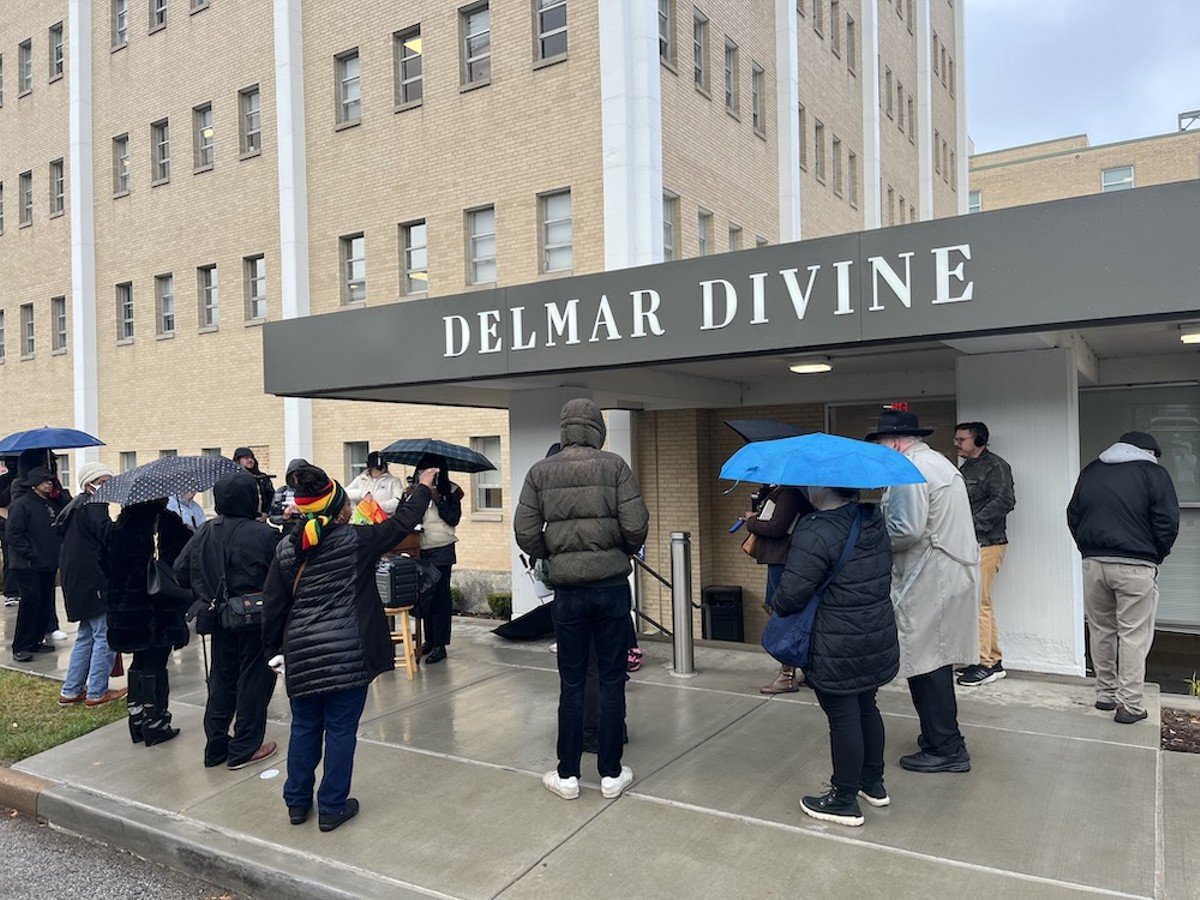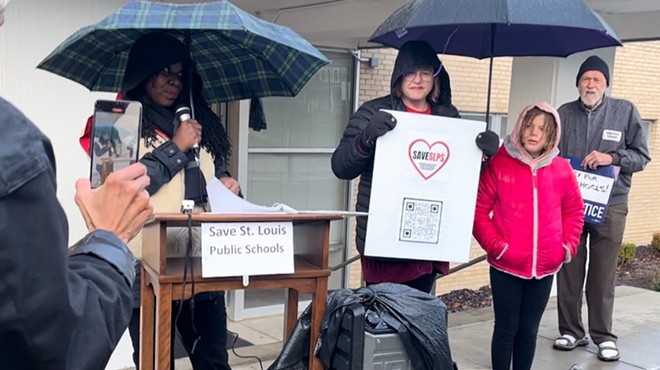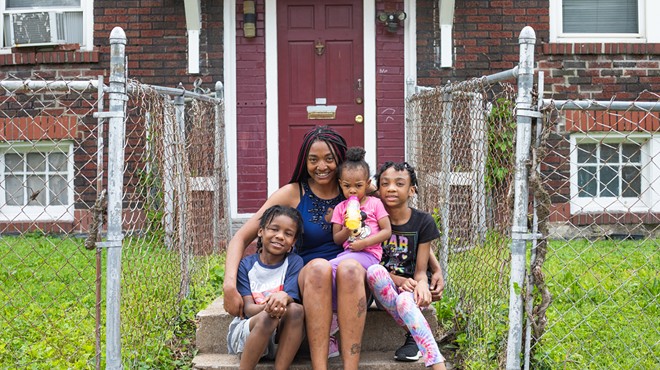Last September, Opportunity Trust, a St. Louis nonprofit that aims to support education reform initiatives, was awarded $35.6 million in federal money to expand access to charter schools in Missouri. Since then, the nonprofit has beenquiet about how they plan to use this unprecedented amount of money to improve education. The lack of details has fueled anger from local teacher unions and other advocates for St. Louis Public Schools who feel that charter schools undermine public education.
It’s the first time Missouri has won the U.S. Department of Education’s Charter School Program entity award grant, and the money comes at a pivotal time for St. Louis Public Schools. The number of students enrolled in SLPS has dropped nearly by half since the turn of the century, as students and their families continue to move out of the city. Although the grant will impact schools statewide, all eyes are on St. Louis as local leaders — including Keisha Scarlett, who is still in her first year as superintendent — attempt to reignite the school district.
The grant has drawn protests, including a recent press conference outside Opportunity Trust’s headquarters in the Delmar Divine. After I covered the conference for the RFT, Rachel Powers, partner for communications and community coalitions at Opportunity Trust, reached out with a strongly worded email saying critics did not understand the full picture.
In return, I asked for an interview with Eric Scroggins, CEO of Opportunity Trust. Powers said he was unavailable to speak, but offered herself instead.
“We have to really ask where are families going and why?” Powers asserts. “The schools we do have are failing our kids and test scores are not where they need to be. What is the district doing to have a comprehensive plan for their schools?”
Asked about the grant money and the process by which it will be allocated, Powers acknowledges that much of the specific implementation plan has not been figured out. “We are still in the planning phases with the Department of Education point person,” she says. As of now, she says, the plan is to spend money preparing charter school staff and faculty, improving charter school resources, renovating charter school buildings and boosting student transportation systems. She adds that the next step is to gain approval to start accepting applications for subgrants, but that implementation strategies will not be nailed down until at least February.
State law currently allows charter schools to operate in St. Louis City and Kansas City, and schools in those districts will have the opportunity to apply for funding from this grant. Powers says they could be joined by other Missouri public school districts that are motivated to sponsor their own charter schools. But district-sponsored charter schools are a fairly new concept. In fact, the idea has been actualized only once in Missouri, when the Leadership School opened in the Normandy school district in 2022. After just one year of operation, state regulators cited itas being financially stressed.
Teachers’ unions are among the biggest critics of charter schools, which receive public funds even as they’re exempt from certain laws governing traditional public schools. The American Federation of Teachers, Local 420, argues that the Opportunity Trust lied about a formal partnership in their grant application, stating in a recent press release that the organization “has reached a new low by falsely claiming collaboration with the St. Louis Public Schools (SLPS) District.”
Powers believes that what they’re referencing is the St. Louis Public Schools Consortium Partner Network, or CPN. Formed in 2018, the CPN aims to create more autonomy for a few schools in the network in a way that models charter school structures. Opportunity Trust included CPN in their application.
“We looked at the application and it was filled with factual errors about the Consortium,” says Byron Clemens, spokesman for Local 420. “It was just one of many factually inaccurate elements of the application.” He adds that president of the school board, Antoinette Cousins, sees it in a similar way.
Ultimately, Powers emphasizes that in order to address students and their families leaving the St. Louis district, they must replace poor-performing public schools with "new schools that have proven results.”
Powers notes, “The research says that creating new schools,” as opposed to improving or expanding current schools, “is the most effective strategy to improve schools.” In this way, the Opportunity Trust believes St. Louis will be expanding student access to quality seats that offer a quality education. “We’ve got to put our kids first,” she says.
In response, Clemens points out that under U.S. News and World Report’s rankings, many of the top-performing schools in the state are public schools, including St. Louis’ own Metro and Collegiate high schools. He adds that charter school strategies to improve St. Louis education remain at best unclear — and at worst truly unsuccessful.
“They never define a quality seat,” Clemens argues, referencing a student’s access to the school. The lack of clarity may explain why since the year 2000, more than half of the charter schools in St. Louis have closed.
Powers says Opportunity Trust wants to work with the district. “We are 100 percent open to [collaboration] with SLPS and there’s no clear reason why we shouldn’t partner,” she says. Yet she falls silent when asked why collaboration efforts have yet to be successful.
“Why not make an equitable and comprehensive school system in our community that allows parents to choose what’s best for their children,” Powers asks. She adds that Opportunity Trust’s vision of a future St. Louis school system includes both charter and traditional public schools.
Clemens, for one, is skeptical.
“Maybe after they burn it down then they will be willing to collaborate with us,” he says.
Follow us: Apple News | Google News | NewsBreak | Reddit | Instagram | Facebook | Twitter | Or sign up for our RSS Feed








